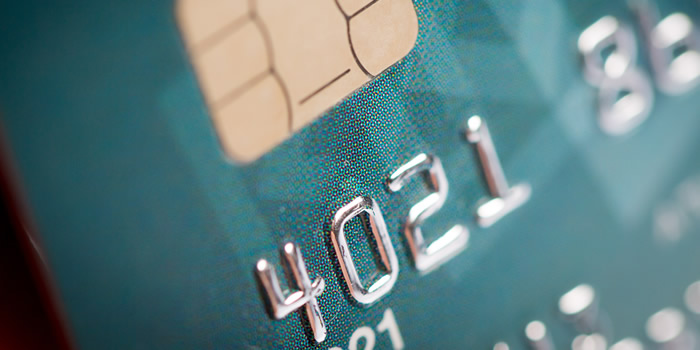
A new phone credit card scam is making the rounds. It’s happening in Windsor, Ontario, targeting business owners. The Windsor police say that they’ve seen an uptick in complaints related to fraudulent credit card use. The common element in all these crimes is that the business accepts a credit card number, provides the good to the customer and later finds out the credit card information provided is fake.
There are different variations of the scam, but it goes something like this. A prospective customer phones a business asking to buy an item. The item is commonly some sorts of electronics. Unbeknownst to the business, the customer provides a fraudulent or invalid credit card number.
The fraudster then picks the goods up in person or commonly using a taxi. The scammers have even gone as far as having a cab deliver the goods to a courier company who could send the goods anywhere overseas, making it difficult for the authorities to catch the fraudsters. It’s only after the business provides the good that it’s discovered the credit card information is fake.
Other Credit Card Phone Scams
This isn’t the first time there’s been a credit card phone scam. Fraudsters commonly use the phone to defraud innocent victims of their money.
There was a phone credit card scam reported a couple years ago where the fraudsters would call the victims early in the morning when they were drowsy. The fraudster would say the victim’s bank and credit card had been used without authorization. The fraudster would then ask for the victim’s bank. After volunteering this information, the fraudster would attempt to obtain the victim’s credit card number by reading out the first few digits, which are standard for that bank, asking the victims to confirm the remaining credit card numbers to confirm their identity. Once the fraudsters have the credit card information, they’d use it immediately to make fraudulent purchases in the victim’s name.
More recently there’s a phone credit card phone in Toronto that’s defrauded innocent victims out of $5.1 million. The fraud starts with the scammer calling the victim, pretending to be a retailer, letting the victim know that their credit card information has been compromised. The victim is told to call 911 and their bank to report the fraud, but when the victim hangs up the phone, they are unaware the fraudster is still on the line. The victim then thinks they are speaking to their bank, when they’re really still speaking to the fraudster. The victim then provides personal information like their credit card information. The fraud is specifically aimed at those with landlines (people still use those?).
The Bottom Line
Fraudsters always seem to be one step ahead of the authorities. Phone credit card scams are popular since the fraudsters don’t have to be there in person to commit the crime.
When using the telephone, be careful when giving out personal information, especially credit card information. Never give out credit card information from inbound callers that you don’t know. If you’re being asked to give credit card information, hang up the phone and call the business or your bank yourself to confirm the request.
If you’re a business owner, validate the credit card information right away. And be cautious about people who provide credit card information and don’t want to pick up the goods themselves in person. By taking these extra steps, you can help protect everyone from being a victim of phone credit card scams.




